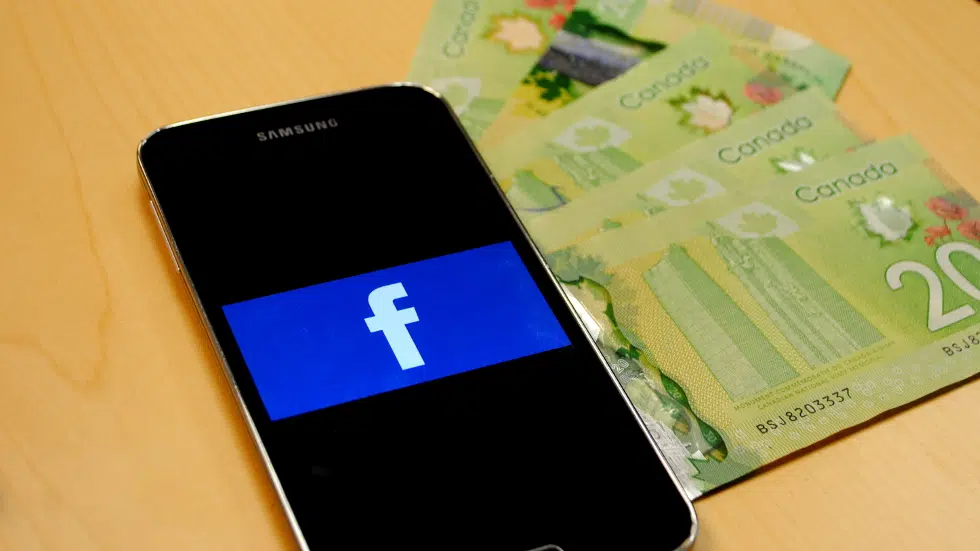
Facebook gambling new target for SLGA
Gambling on social media is a new fad for fundraising, but it’s an activity the province says falls under specific laws and they want people to be aware of them.
One such facebook post highlights the current trend. A Melfort area woman hosted a poker tournament to help pay her bills.
Kayla Dipaolo, 24, who lives on the James Smith Cree Nation, was looking to raise $700 for an overdue power bill.
“I had a couple of friends who used [Facebook] to fundraise for their weddings and my mom had told me to give it a shot if it would help me in my situation,” she said.


